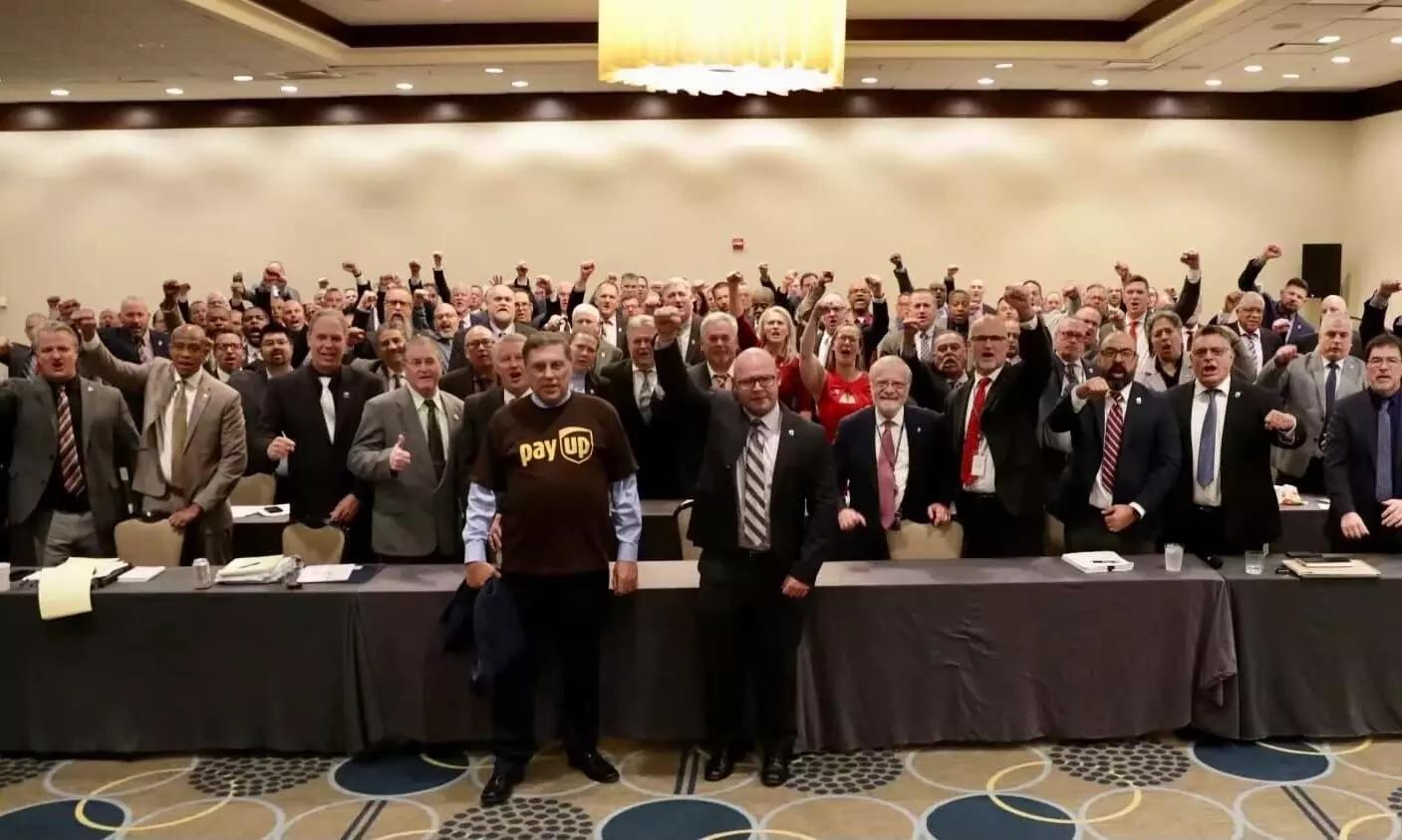
Teamsters, UPS negotiations collapse
Teamsters reject UPS offer, UPS claims Teamsters stopped negotiations

International Brotherhood of Teamsters (Teamsters), representing 340,000 full-time and part-time employees of United Parcel Service (UPS), walked away from the bargaining table after UPS presented an unacceptable offer to the Teamsters that did not address members’ needs.
"The UPS Teamsters National Negotiating Committee unanimously rejected the package," says a release from Teamsters.
Sean M. O’Brien, General President, Teamsters
“This multibillion-dollar corporation has plenty to give American workers — they just don’t want to,” says Sean M. O’Brien, General President, Teamsters. “UPS had a choice to make, and they have clearly chosen to go down the wrong road.”
UPS, in a release, claimed "Teamsters have stopped negotiating despite historic proposals that build on our industry-leading pay. We have nearly a month left to negotiate. We have not walked away, and the union has a responsibility to remain at the table.
"Refusing to negotiate, especially when the finish line is in sight, creates significant unease among employees and customers and threatens to disrupt the U.S. economy. Only our non-union competitors benefit from the Teamsters’ actions.
"We’re proud of what we’ve put forward in these negotiations, which deliver wins for our people. The Teamsters should return to the table to finalise this deal."
The Teamsters-UPS contract expires on July 31, and "the Teamsters have repeatedly made clear that UPS members will not work beyond the expiration of the current contract. In June, rank-and-file UPS Teamsters authorised a strike by an overwhelming 97 percent."
The National Retail Federation (NRF) urged the company and the union to continue talks and avert a strike, Reuters reported.
"The NRF is disappointed by the breakdown in negotiations...avoiding a strike or other disruptions as we enter the peak shipping season for the holidays is critical for retailers," says Jonathan Gold, Vice President, Supply Chain and Customs Policy, NRF.

